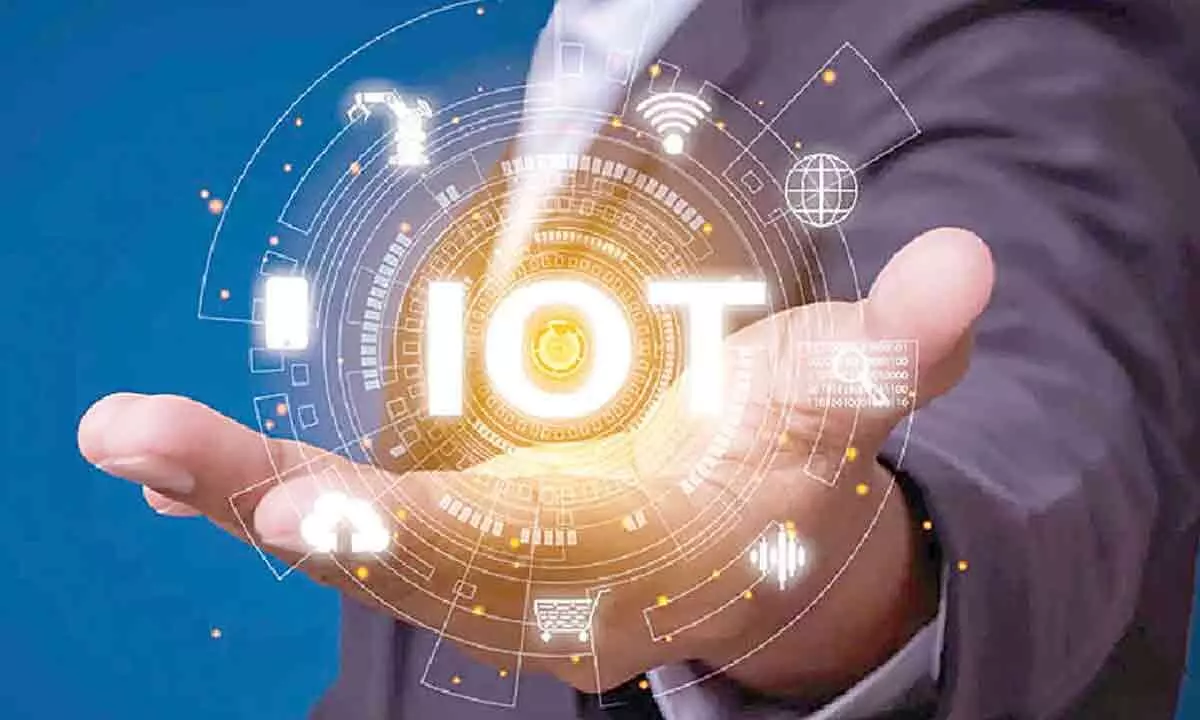Revolutionising data security in IoT: A Deep Learning approach

Discover how a groundbreaking deep learning approach, rooted in Cyber Physical Systems (CPS), is revolutionizing IoT data security. By harnessing the power of advanced algorithms and neural networks, this innovative framework offers unparalleled data processing efficiency while fortifying networks against cyber threats. Learn how organizations can unlock the full potential of IoT-generated data while ensuring data integrity and confidentiality in an increasingly interconnected world.
In the contemporary landscape of digital interconnectedness, data stands as the cornerstone of technological advancements, particularly within the expansive realm of Internet of Things (IoT) devices. These devices, spanning from smart home appliances to industrial sensors, generate an unprecedented volume of data, fueling insights and innovations across industries. However, amidst this data deluge, concerns surrounding privacy and security loom large, necessitating robust solutions to safeguard sensitive information.
Addressing these critical challenges head-on, a groundbreaking initiative has emerged—a novel deep learning approach rooted in Cyber Physical Systems (CPS). This pioneering framework not only promises to revolutionize the processing of IoT-generated data but also elevates data security to unprecedented levels.
At its core, this innovative framework harnesses the power of deep learning models to effectively process the vast and diverse data streams emanating from IoT devices. Deep learning, with its ability to handle intricate patterns and vast datasets, proves instrumental in classifying and analyzing IoT-generated data, thereby unlocking valuable insights that drive decision-making processes.
Central to the efficacy of this approach is its emphasis on data security—a paramount concern in today’s hyper-connected world. The modified deep learning models are equipped with sophisticated algorithms designed to fortify data against a myriad of cyber threats, ranging from Denial of Service (DoS) to Distributed Denial of Service (DDoS) attacks. By incorporating advanced security protocols, such as policy-based access control mechanisms, the framework ensures that only authorized users can access sensitive information, thereby mitigating the risk of data breaches and unauthorized intrusions.
Moreover, the framework’s data access algorithms play a pivotal role in converting raw IoT data into actionable insights, thereby facilitating informed decision-making processes. This seamless conversion process not only enhances data processing efficiency but also strengthens the overall security posture of IoT ecosystems.
Beyond its immediate applications in data processing and security, this deep learning-based approach holds immense potential for driving innovation and unlocking new avenues of growth within the IoT landscape. By enabling the seamless integration of IoT devices and systems, this framework paves the way for transformative advancements in diverse domains, ranging from healthcare and smart cities to industrial automation and agriculture.
Furthermore, the framework’s scalability and adaptability make it well-suited for a wide array of IoT applications, spanning e-health, smart vehicles, smart grids, and beyond. As IoT continues to proliferate across industries, the economic impact of IoT-based services is projected to soar, with estimates suggesting a potential economic impact ranging from $2.7 to $6.2 trillion by 2025. This underscores the critical role of innovative solutions, such as the deep learning-based approach, in unlocking the full potential of IoT and driving economic growth on a global scale.
In essence, the convergence of deep learning and Cyber Physical Systems represents a paradigm shift in how we perceive and harness the power of IoT-generated data. With its unparalleled capacity to process, analyze, and secure data, this transformative approach heralds a new era of data-driven innovation, propelling us towards a future where the possibilities of IoT are truly limitless.















